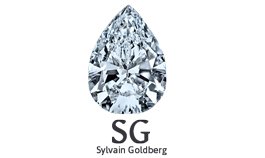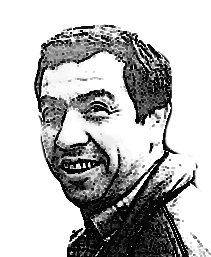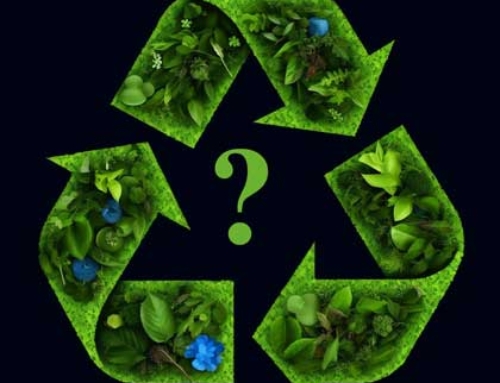Luxury goods sales will fall by 20-35% this year as the slowdown due to coronavirus is expected to continue, Bain & Company predicted.
Purchases of luxury goods have already fallen by about 25% in the first quarter and the decline is expected to accelerate in the second quarter, Bain said in its International Luxury Report, published in collaboration with the committee of Italian luxury brand Altagamma.
Bain predicted that the market would not return to 2019 levels until 2022 or 2023. From then on, growth will gradually resume. Annual revenues are expected to reach approximately €320 billion to €330 billion ($347.07 billion to $357.91 billion) by 2025.
However, online sales were strong during the pandemic. Purchases continued to increase, according to Bain. E-commerce could account for as much as 30% of the market by 2025.
“The speed of future market growth will depend on the strategic responses of luxury players to the current crisis and their ability to transform the industry on behalf of the customer,” said Federica Levato, partner at Bain. “As consumers slowly move out of confinement, their worldview will have changed and luxury brands will have to adapt.”
Brands that come up with creative ways to attract customers to their stores or bring the product to the consumer will be the ones that benefit the most from growth, Bain said.
“There will be a recovery in the luxury market, but the industry will be profoundly transformed,” said Claudia D’Arpizio, partner at Bain. “The coronavirus crisis will force the industry to think more creatively and innovate even faster to meet a range of new consumer demands and adapt to the constraints of distribution channels.”
Path to recovery
The personal luxury market registered an estimated sales of 281 billion euros in 2019 before the virus outbreak, according to Bain. It is expected to return to that level between 2022 and 2023, depending on economic trends, consumer confidence levels at that time, tourism flows, and brands’ ability to anticipate and fulfill consumer needs, said the consultancy.
Chinese consumers are predicted to lead the revival in luxury shopping. Most of the country has emerged from lockdown and the virus outbreak on the mainland appears to be under control for now.
After months of store closures, social distancing, and disrupted personal and professional habits, Chinese customers will likely show a willingness to “recover part of purchases not made during lockdown,” Bain said.
Due to the global travel restrictions, Chinese customers, who typically go overseas to places like Paris, London and New York to buy their designer items, are likely to make their purchases within the country, according to the report.
The best performing brands are already seeing an increase in their year-to-date numbers in China, Bain said. Store visits have nearly halved from a year ago but, many of those who visit the physical outlets tend to make purchases.
The personal luxury market is predicted to reach between 320 billion euros to 330 billion euros by 2025, in part due to the growth of Chinese luxury consumers. Five years from now, China is expected to account for nearly half of all luxury spending worldwide, compared to 35% in 2019, Bain said.
China “will continue to drive luxury market growth” and about 50% of those purchases are set to take place on the mainland, the report said. The rest of Asia “will follow closely,” driven by a mix of both local consumption and intra-regional tourism, it said.
Luxury players will need to face disruption head-on
Faced with a crisis like never before, luxury players will need to act now to create their future. Every aspect of the market, from creation to distribution, marketing to supply chain, and crucially the interaction with the final customers will need to be re-imagined to suit a changed world.
“Winning brands will be the ones that best interpret the zeitgeist all while remaining consistent with their inner DNA and individual story,” said Ms. D’Arpizio.
“At the heart of every successful organization are its core values. Businesses
with strong core values operate like well-oiled machines.”
Sylvain Goldberg



 with strong core values operate like well-oiled machines.”
with strong core values operate like well-oiled machines.”



